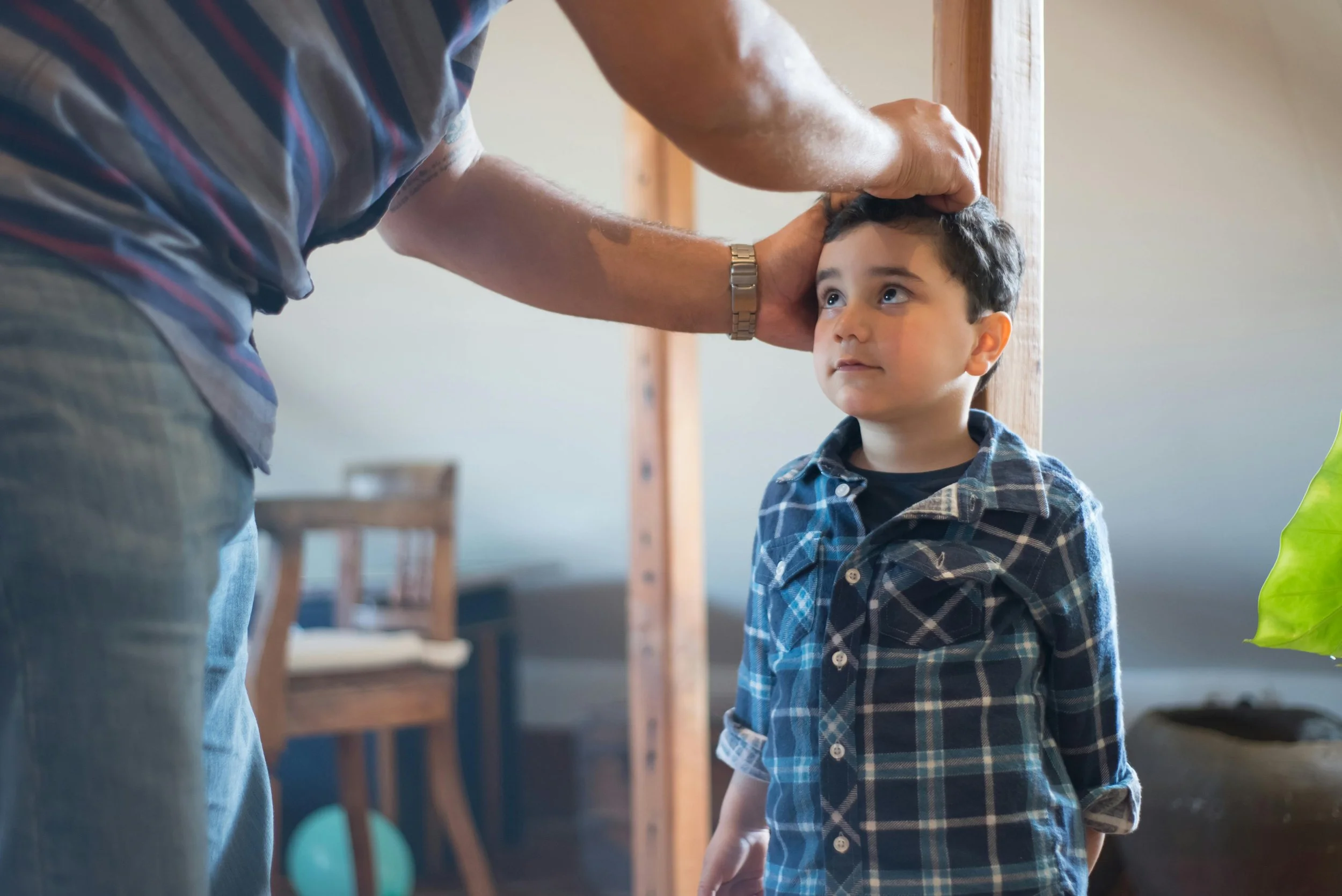You Have Grown So Much
When an aunt or family friend walks through the door after being gone for a while, the first words are often, “Oh my goodness, you have grown so much.” She has not lived through the late nights, the ordinary meals, the slammed doors, or the quiet tears. She has missed the small, almost invisible changes that build day after day. Yet with fresh eyes, she sees what those of us standing close often cannot: the unmistakable signs of growth.
That moment stays with me because it speaks to something I know both as a parent and in my work at Woodhaven. Growth often reveals itself most clearly when we return after a pause.
As a parent, I carried a kind of FOMO, a fear of missing out on my loved one’s life. I wanted to be there for everything. Every step, every word, every hard moment and every glimmer of progress. Especially in the darkest seasons, the idea of missing even a small change felt unbearable. Each pause between visits or phone calls seemed like something precious was slipping away.
Now I can see that my closeness made the very thing I longed for harder to notice. Watching too closely can blur the picture. Growth hides in plain sight, buried under the repetition of ordinary days. Sometimes it is only distance that sharpens our vision.
At Woodhaven, I often find myself on the other side of this experience. I may be away for several days, and when I return, the changes that others have watched slowly inch forward reveal themselves all at once. I feel like that aunt stepping into a room, suddenly seeing what time and patience have been building quietly.
One boy comes to mind. In the beginning, he carried a deep sense that he did not belong at Woodhaven. He looked at the others as if their stories were not his and kept himself apart, convinced he was different. A couple of weeks ago, I noticed the faintest shift. It was a step toward acceptance, a small opening in the way he spoke about himself. There was more honesty in his words and a willingness to let others in.
Then six days passed before I saw him again. Only six days. When I sat in morning group, I could hardly believe the difference. His voice was steady. He admitted that his addiction had hurt others. He spoke of the amends he might one day need to make. He even allowed himself to picture a future that could be different. His posture, his tone, the way he leaned into the circle all told the story of growth.
That morning, I felt like the aunt arriving after being gone, surprised into wonder. “Look how much you have grown,” I wanted to say.
This is the paradox of change. Up close, it can feel painfully slow. Parents sit through phone calls that sound the same, visits that feel too short, and nights filled with worry. Staff move through daily routines that look ordinary. Growth gets buried in the rhythm of repetition. Yet step back, even briefly, and the picture sharpens.
The aunt effect is real. Distance reveals what closeness hides. The very space that feels so hard to bear often gives growth the room it needs.
For parents, this can be a difficult truth. The breaks in between can feel endless, filled with longing and fear. Yet those very pauses often become the soil where transformation takes root. When you return, you may hear a new honesty, see a gentler spirit, or feel a fresh connection. The storms have not vanished, but the arc of change comes into view.
I know what it is to ache for every step, desperate not to miss a moment. And I know what it is to walk into Woodhaven after being gone for a little while and be startled by what has quietly taken root. Holding both truths has taught me something I could not have learned otherwise. Growth is not always visible when we look too closely. Sometimes it is revealed only in the space between.
Before we rush to the next milestone, perhaps we can pause together. We can notice what is already here, the shifts that surprise us when we step back. We can say with the same awe as that aunt at the doorway, “You have grown so much.”
If you find yourself aching during the pauses, hold on to this. Your loved one may be changing in ways you cannot yet see. And when the moment comes, you may be surprised into wonder, able to say with gratitude, “You have grown so much.”
The aunt never saw the slammed doors, the restless nights, or the quiet battles of the everyday. What she notices is the arc, the lift, the growth that could only emerge with time. As parents, we carry both: the hard pieces we witness up close and the leaps we only see after stepping back.
So trust that even in the spaces between visits, even in the quiet stretches when progress feels invisible, something is taking root. One day you may look again and see a lifted head, an honest word spoken without prompting, or a softer laugh that lingers in the room. And like that aunt at the doorway, you will know: they have grown.
